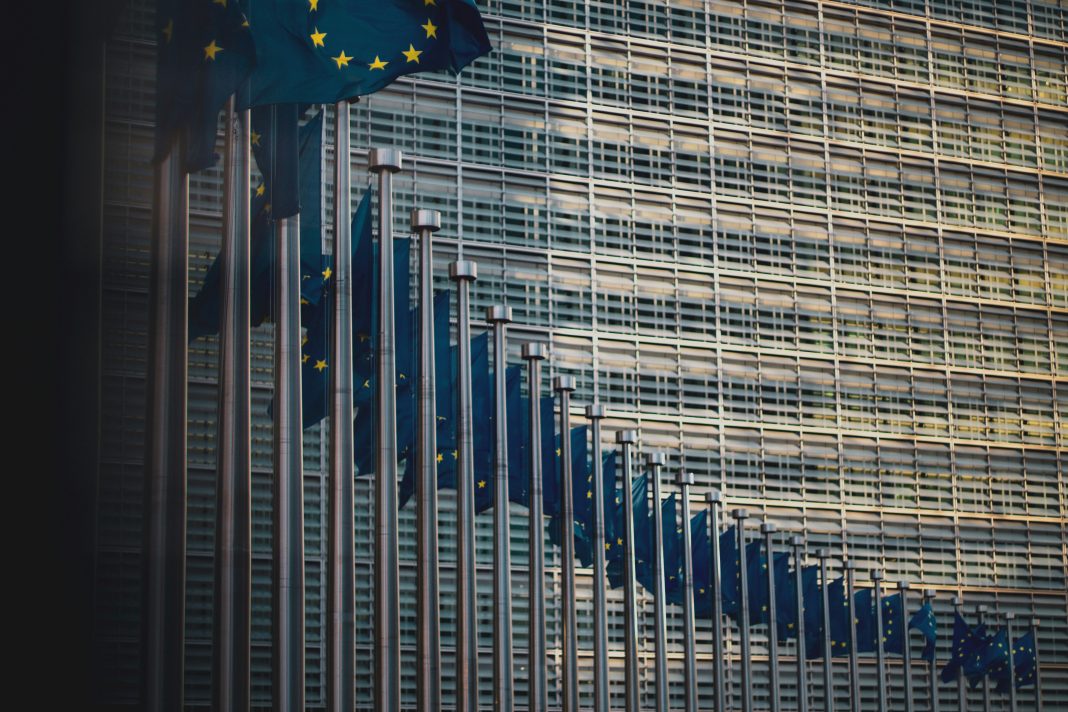Brussels’ quiet revolution in corporate regulation
The European Commission’s plan to overhaul company law across the bloc is being described in Brussels as one of its most ambitious legal projects in years — and potentially the most consequential for European business since the introduction of the single market.
While the headlines have been dominated by the EU’s green and digital agendas, this initiative, still in draft form, aims to modernise how companies are formed, governed and held accountable across 27 member states. If implemented, it would signal a new chapter in the continent’s regulatory philosophy: the pursuit of not just a single market, but a single corporate identity.
At its core, the proposal seeks to harmonise a patchwork of national rules governing everything from cross-border mergers to digital incorporation. The aim is twofold — to remove administrative barriers that hinder business mobility, and to align corporate governance with the EU’s broader sustainability goals.
For policymakers, it is a logical next step. For business leaders, it feels like the most ambitious European experiment since the euro.
From single market to single governance
Behind the technical language lies a political vision: Europe wants to ensure that its corporations reflect its social and environmental values. The draft package — expected to be finalised in early 2026 — extends far beyond accounting or registration procedures. It would impose tougher disclosure requirements on multinationals operating in multiple member states, expand directors’ liability in sustainability reporting, and enable digital-only company formation across borders.
Critics say Brussels risks creating a compliance labyrinth; supporters argue it will make European firms more transparent, credible and competitive in a world increasingly defined by ESG expectations.
One Commission official describes it as “the next step in the maturation of European capitalism” — a shift from competition policy towards corporate coherence.
Yet the effort comes at a politically delicate moment. Several member states, including Ireland and the Netherlands, have quietly resisted any move that could erode their national autonomy in corporate law. Both countries have benefited from flexible frameworks that attract multinationals and investment. Others, notably France and Germany, view harmonisation as essential for fairness and enforcement. Balancing these positions will be one of Brussels’ toughest tasks.
Business reaction: cautious optimism and quiet anxiety
In boardrooms and legal departments, the reaction has been mixed. Many multinationals privately welcome the prospect of uniform standards that simplify compliance. For cross-border companies, today’s patchwork of national rules translates into costly legal duplication and regulatory uncertainty.
But smaller firms and family-owned businesses — which make up the bulk of the EU’s corporate landscape — worry about an added administrative burden. The fear is that the new regime, though well-intentioned, could tilt the playing field further towards large corporations with deep compliance teams.
Investors, too, are paying attention. A harmonised European framework could bring more consistency to ESG metrics, making it easier to compare companies across borders. But if implementation is clumsy, it could create uncertainty and chill capital flows just as Europe needs private investment to drive green and digital transitions.
For the legal community, the proposals represent both an opportunity and a risk. A uniform regime could invigorate the EU’s corporate legal profession, but it also raises uncomfortable questions about sovereignty — particularly in areas such as insolvency and taxation, where member states have guarded their autonomy jealously.
The political gamble of harmonisation
Ultimately, this is as much a political project as a legal one. The Commission is betting that corporate integration can deepen Europe’s economic cohesion at a time when fiscal union and defence policy remain politically fraught. In this sense, company law becomes a quiet proxy for unity — a way to build a more seamless European economy without venturing into overtly federal territory.
Yet success is far from guaranteed. Implementation will require not only legal reform but digital infrastructure, judicial cooperation, and — crucially — trust among national regulators. The EU’s track record on similar initiatives is mixed: the promise of a “capital markets union” has lingered for a decade with limited progress. Critics fear company law reform could suffer the same fate if political momentum fades.
For now, business groups are calling for patience and pragmatism. “It’s the right ambition, but the wrong moment for overreach,” one senior European industrialist said. “We need a framework that unites, not one that fragments through complexity.”
Still, the sense in Brussels is that history favours those who move early. If the project succeeds, Europe could become the first region to combine corporate mobility, sustainability, and digital governance under a single legal umbrella — a model that could define its economic identity for decades.
Europe’s next quiet revolution
Whether Europe can pull it off will depend on the same mix of ambition and compromise that has characterised every major integration step since Maastricht. For businesses, the coming months will be a period of intense lobbying and recalibration. For policymakers, it will test whether the European project still has the imagination to reinvent itself from within.
If the single market was the foundation of Europe’s economic power, this new framework may be the scaffolding for its next evolution — one built not only on goods and capital, but on governance itself.







































